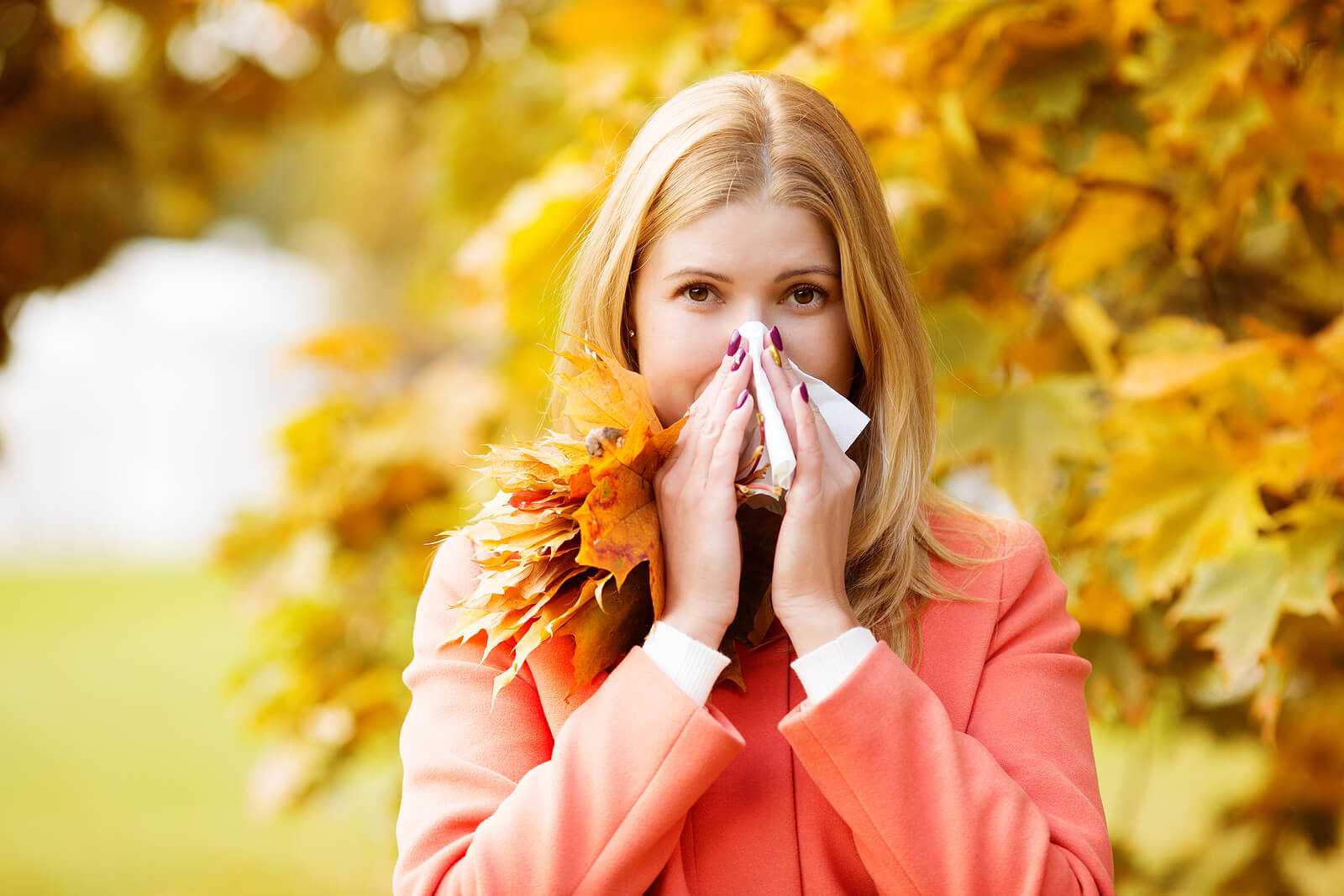(770) 410-0202
Fall Ear, Nose, and Throat Health Challenges in Georgia

As fall arrives in Georgia, it brings not only cooler temperatures and vibrant leaves but also a variety of seasonal health challenges, especially for those prone to ear, nose, and throat (ENT) issues. Fall is a time when allergies, respiratory infections, and ear infections become more prevalent due to changes in weather and increased exposure to allergens like ragweed and mold. Let’s take a closer look at the most common ENT health challenges Georgians face during the fall season and how to manage them effectively.
Battling Fall Allergies and Hay Fever
One of the most common ENT concerns in Georgia during the fall is allergic rhinitis, also known as hay fever. This condition is triggered by allergens such as ragweed, mold, and dust mites, which thrive in cooler weather. Ragweed pollen peaks during the late summer and early fall, causing symptoms like sneezing, runny nose, itchy eyes, and congestion in many people. Mold spores, which grow on fallen leaves and in damp areas, also contribute to fall allergies. Additionally, as homes turn on heating systems, dust mites can become more problematic, aggravating allergy symptoms.
Simple ways to manage fall allergies:
- Use over-the-counter antihistamines like Claritin or Zyrtec to help control symptoms.
- Try nasal corticosteroid sprays such as Flonase or Nasacort to reduce inflammation and congestion.
- On high pollen days, stay indoors and use air purifiers with HEPA filters to minimize exposure to allergens.
- For severe or persistent allergies, consider allergy testing and immunotherapy (allergy shots) to provide long-term relief by building tolerance to allergens.
Stay Ahead of Fall Respiratory Infections
As the temperatures drop in the fall, it’s not just allergies that start to flare up—there’s also a noticeable rise in viral respiratory infections, including the common cold and flu. With more people spending time indoors at schools, offices, and social gatherings, germs find it easier to spread. Common symptoms to watch out for include coughing, a sore throat, nasal congestion, and sometimes even a mild fever.
To help protect yourself and others from getting sick this season, here are some tips to keep in mind:
- Wash your hands often using soap and water to keep germs at bay.
- When soap isn’t accessible, use hand sanitizer as a backup.
- Try to avoid close contact with individuals who are sick, especially in confined spaces.
- Eat a well-balanced diet that provides the nutrients your immune system needs to stay strong.
- Exercise regularly to enhance your overall health and build a resilient immune system.
- Drink plenty of water to keep your body hydrated and functioning smoothly.
- If you’re at higher risk, especially for the elderly or those with chronic conditions, it’s a smart idea to get a flu vaccine to reduce the likelihood of severe illness.
By following these simple precautions, you’ll be better equipped to enjoy the fall season without being sidelined by a cold or flu. If your symptoms persist or worsen, don’t hesitate to reach out to a healthcare professional for further advice.
Ear Infections: A Common Fall Foe for Children and Adults
Ear infections are a common ENT issue that becomes more frequent in the fall. These infections often follow colds or other respiratory infections. Fluid build up behind the eardrum can lead to pain, pressure, and sometimes hearing loss. The most common type of ear infection is called otitis media, which occurs when bacteria or viruses infect the middle ear.
How can you prevent ear infections?
- Take care of colds and respiratory illnesses quickly to avoid ear issues.
- Keep ears dry after swimming or bathing.
- Treat colds early to lower the chance of fluid building up in the ear.
Breathe Easy This Fall: Effective Solutions for Managing Asthma and Sinusitis in Georgia
If you suffer from asthma and sinusitis, fall in Georgia can be difficult! Common allergens like ragweed and mold often worsen asthma symptoms. Sinusitis sufferers may experience congestion, facial pain, and pressure due to the cooler weather and increased allergens.
To manage asthma, inhalers and medications are typically used to open the airways. For people with chronic asthma, allergy testing and immunotherapy can help reduce the impact of triggers. Sinusitis is usually treated with saline rinses, decongestants, and nasal sprays. If symptoms are severe, procedures like balloon sinuplasty may be necessary to clear blocked sinuses.
| Condition | Common Triggers | Symptoms | Primary Treatments | Advanced Treatments |
| Asthma | Ragweed, mold, allergens | Wheezing, shortness of breath, asthma attacks | Inhalers, medications to open airways | Allergy testing, immunotherapy |
| Sinusitis | Allergens, infections | Congestion, facial pain, pressure | Saline rinses, decongestants, steroid nasal sprays | Balloon sinuplasty for severe cases |
Prevention and Treatment Strategies for Fall Ear, Nose, and Throat Issues
The fall season can be tough on Georgians prone to ENT issues, but with proper care, these problems can be managed effectively. Here are some tips to help reduce symptoms and prevent common ENT conditions:
- Monitor Pollen Counts: Before heading outside, check the pollen count in your area. On days with high pollen levels, keep windows closed and use an air purifier indoors to reduce exposure to allergens.
- Shower and Change Clothes: After spending time outdoors, especially on high-pollen days, shower and change your clothes to remove any allergens that may have stuck to your skin or hair.
- Stay Hydrated: Drinking plenty of water helps thin mucus, making it easier to clear congestion and prevent sinus infections.
- Practice Good Hygiene: Regular handwashing can prevent the spread of viral infections that lead to colds and ear infections. Using hand sanitizers when soap and water aren’t available is also helpful.


